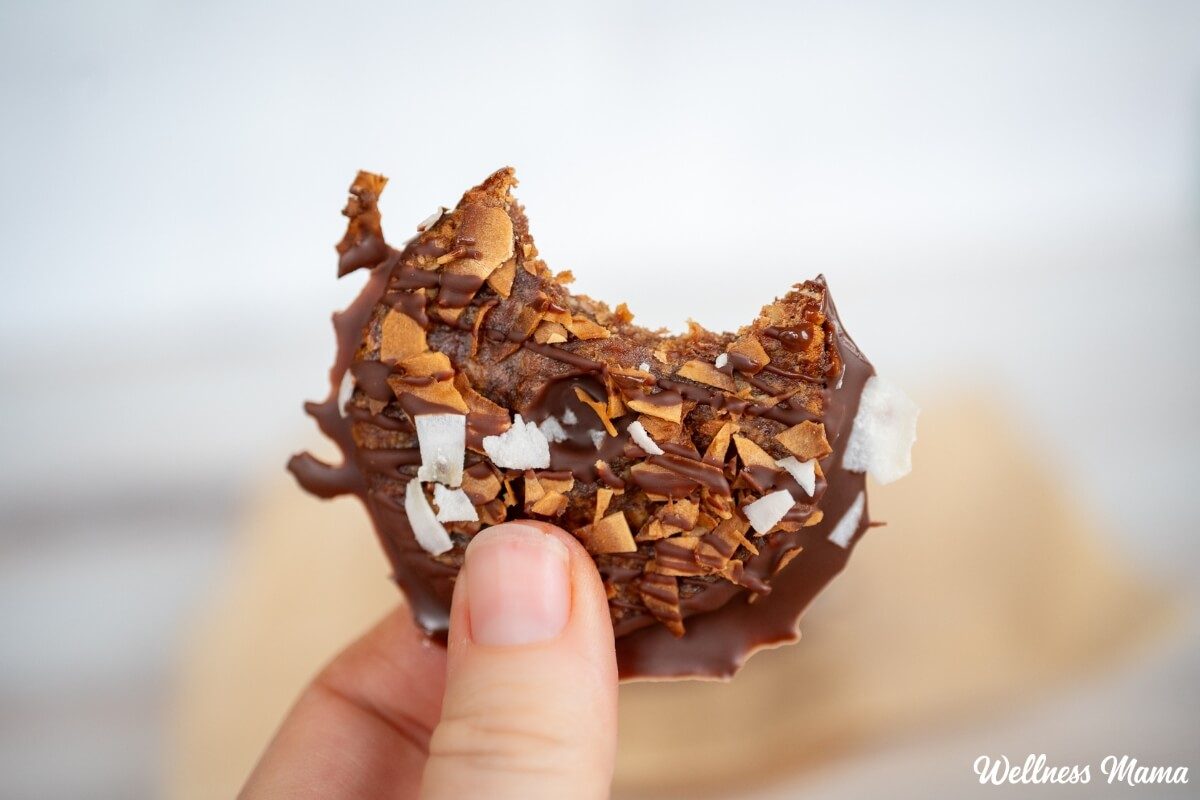Before you go keto, there's a lot of information to unpack (trust us: We have a whole beginner's guide for you to sift through before embarking). While you can customize the eating plan to fit your lifestyle and personal needs, it's important to know exactly what you're getting into, no?
Luckily, the king of keto, Dom D'Agostino, Ph.D., is here to answer all your questions. Here's one we had for the associate professor at the University of South Florida (who focuses on neuropharmacology, medical biochemistry, physiology, and neuroscience): What are the best supplements for someone following keto?
His answer? Everyone's body reacts differently (and he's generally a whole foods type of guy), but there is one that deserves honorable mention: "The literature suggests that if you're on a ketogenic diet, many people [lack] carnitine," he says on the mindbodygreen podcast.
Why those on keto may lack carnitine.
beauty & gut collagen+
beauty & gut collagen+The one-step beauty routine for youthful skin, healthy hair & strong nails.*
★ ★ ★ ★ ★ (4.8) Shop now
Shop now First let's explain what carnitine actually does: Carnitine (or L-carnitine: its more common form) is a compound and conditionally essential nutrient that helps shuttle fatty acids into your mitochondria, which oxidizes (or burns) that fat for energy. The body produces carnitine naturally (from amino acids lysine and methionine), but here's the kicker: When you adopt a high-fat diet—like keto—more and more fatty acids need to be transported into the mitochondria for oxidation, which can deplete your body's natural carnitine stores and perhaps leave you feeling low energy.
"Because your body is oxidizing and burning so much fat, it kind of burns through all its carnitine," D'Agostino says. He's not wrong: One study showed that while it's uncommon to have a true carnitine deficiency on keto, mild carnitine depletion may occur early on in the diet—meaning, carnitine levels should go back to baseline after your body gets used to the keto diet (so don't fret), even though you may face some gaps in the beginning.
AdvertisementWhat to do about it.
Some foods (especially red meat) contain carnitine—but to meet your body's demands without eating tons of red meat, D'Agostino is partial to L-carnitine supplements. In fact, supplementing with L-carnitine has been shown to enhance performance capabilities, even with caloric restriction (that can crash your energy levels).
Of course, you'll want to consult a professional before starting or changing any supplement routine to make sure you're getting the right dose for your body. It's also important to note, per the study above, that your carnitine levels will likely balance out after some time—so you might want to keep an eye on your levels and perhaps stop the supplements once you even out. We repeat: Consulting a doctor is your best bet for targeted, personalized results.
The takeaway.
Mild carnitine depletion is common on keto, considering your body needs to transport more and more fatty acids into the mitochondria. It's typically not cause for alarm (the levels should stabilize; we suggest consulting your doctor if you have any concerns), but if you're feeling especially sluggish, perhaps think about adding the energy-supporting molecule into your routine—at least for a time.
AdvertisementOriginal Article










